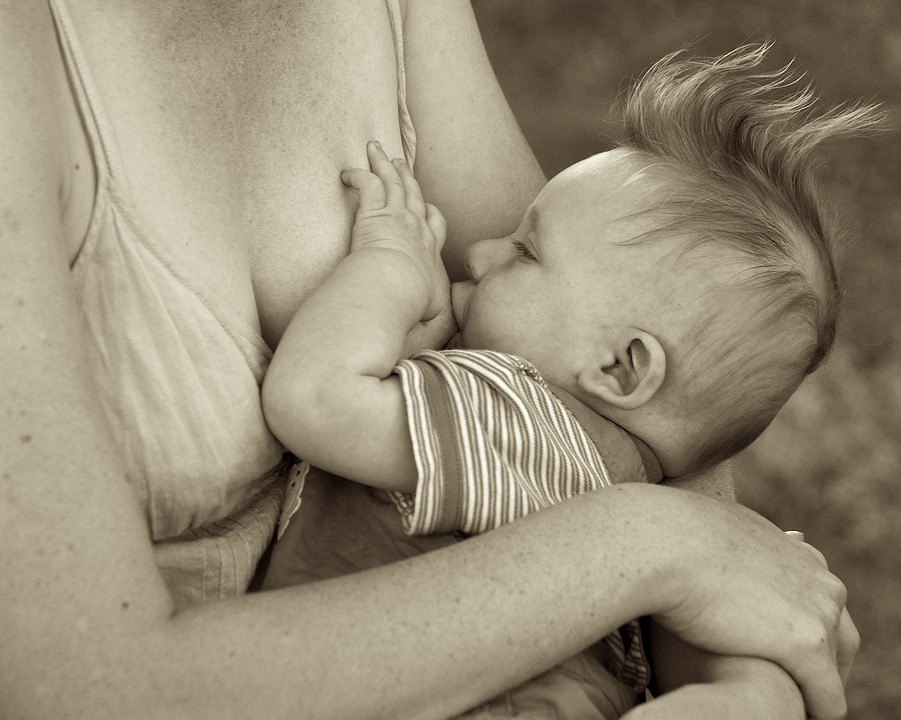Breastfeeding is perhaps the best possible way to nourish your newborn; but it’s not always something that’s straightforward. What many moms don’t realize is that breastfeeding is also good for their own personal health—you can learn more about that here. Even more than direct benefits of breastfeeding for mom and child are the psychological positives that come. 
When you know your baby is nourished, you’re the one who has done the nourishing, and feedings happen on schedule, that makes it a lot easier for you to keep your emotions in check. Parenting is emotional from the very beginning. The highs are higher than anything you’ve as yet known, and the lows are similarly lower than you might have expected.
The takeaway is: control what you can. Lean into parenting styles that are both known to be effective, and have been known to be effective for a long time. To that end, consider the following breastfeeding tips.
1. Assure You Have Breast Pump Options Available
Sometimes a baby is born with a tooth or two—it’s rare, but it happens. Teeth can make it very hard to nurse. Nipples become sore, raw, cracked, and can even bleed. They take time to heal. If you’re going to properly nourish that newborn, you’ve got to handle this. Breast pumps allow you to lactate in a way that isn’t wasted and can still nourish the child.
Breastmilk doesn’t keep as long as that from the cow, so you want to be sure your baby has it soon. Also, it’s better if your newborn extracts that milk from you, rather than a bottle; but in a pinch, it’s better for them to get it after it’s been pumped out than to go with some formula option.
2. Find Consulting Options You Trust
There is a time when you need to get some professional help, like that available from a Nest Collaborative lactation consultant. Certain medical conditions or latching issues may contribute to duct blockage.
You may have engorged breasts, or you might not be producing enough milk. Professional consultants can help you determine what’s going on, why, and how to either therapeutically treat that issue, or if possible, fix it.
3. Nourishment, Rest, And Breast Alternation

Not only does your baby need nourishment, you need nourishment. You’re going to lose between 200 and 1,000 calories a day, based on whether or not you have twins, and child size. Smaller children don’t extract as much milk as larger ones. Either way, expect hundreds of calories to be lost daily. That’s going to tire you out, and you should rest.
Also, alternating breasts can help stimulate healthy milk production while reducing the pain of improper latching, or other similar issues. Between rest, alternation, and nourishment, feedings should improve.
Giving Your Child The Best From The Very Beginning
Eating right, resting enough to restore your body, and alternating breasts can help you produce milk in a way that doesn’t hurt as much as it could. Breasts do get sore, but they also toughen up in time. Consultation additionally helps streamline breastfeeding, and having breast pumps gives you a way of nourishing your child when tender breasts make it hard.
These are just a few tips to help you more effectively mother your newborn; there are many other complications for which advice, consultation, guidance, and a support network will very likely come in handy. Don’t go it alone! Parenting requires help for best results, so find it if and where you can.









